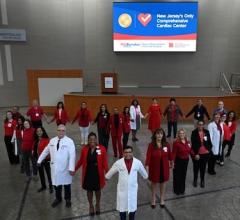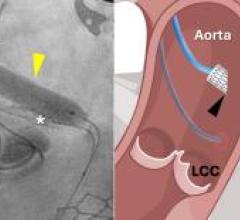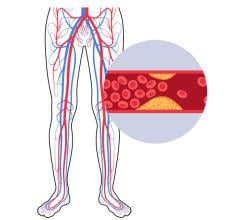August 8, 2008 - On July 31, the Centers for Medicare and Medicaid Services (CMS) issued its final decision to reimburse the CardioWest temporary total artificial heart (TAH-t) through the highest paying diagnostic related group codes, MS-DRG 001 and 002.
The thresholds for new technology add-on payments for MS-DRGs 001 and 002 are $345,031 and $178,142 respectively and are retroactive to May 1, 2008. CMS also finalized a new technology add-on payment for the CardioWest artificial heart of up to $53,000, starting Oct. 1, 2008.
On May 1, 2008, CMS reversed its 1986 non-coverage policy for artificial hearts and approved Medicare reimbursement for the CardioWest artificial heart when implanted as part of an FDA study that meets CMS specifications. For more than two decades prior to this decision, Medicare denied reimbursement for the CardioWest artificial heart.
In the July 31 decision, CMS agreed, “the TAH-t fulfills a role that no other mechanical circulatory support device can for patients in irreversible biventricular failure.”
“We continue to believe that the TAH-t meets the newness criterion despite having received FDA approval more than three years ago because it was not covered by Medicare until May 1, 2008,” the CMS decision stated.
In the past, hospitals and patients risked substantial economic losses in order to bridge these patients to transplant, the company said.
Originally designed as a permanent replacement heart, the CardioWest artificial heart is currently approved as a bridge to human heart transplant for patients dying from end stage biventricular failure. These patients are often days, if not hours from death. Their survival is dependent upon receiving a matching donor heart, or a CardioWest artificial heart as a bridge-to-transplant, the company said.
For more information: www.syncardia.com


 February 06, 2026
February 06, 2026 









